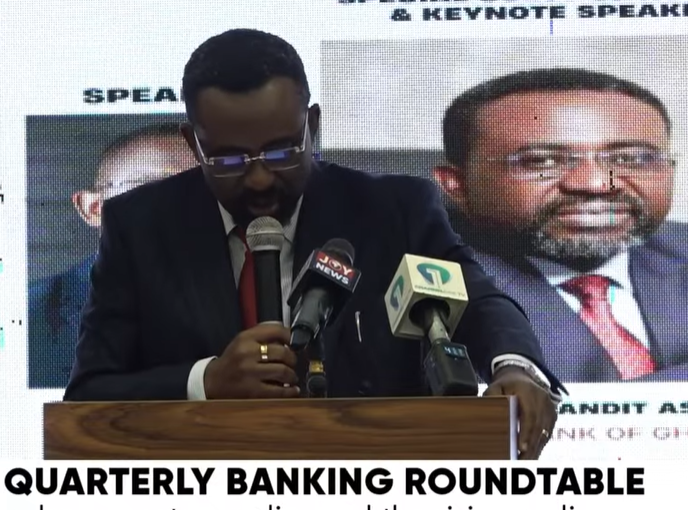
Dr. Johnson Asiama
The Governor of the Bank of Ghana (BoG) has stated categorically that the dollar is not a legal tender in Ghana that can be used to pay for goods and services.
He pointed out that businesses and individuals can reject the dollar when used as a medium of payment in the country.
“Let me say that the dollar is not legal tender. It cannot go everywhere the cedi goes. The dollar is not a legal tender in Ghana. What it means is if you pay me in dollars for service or something I sell to you, I have every the right to say no, I will not accept it,” he said at the ABSA-UPSA Quarterly Banking Roundtable.
Appealing to the public to support the central bank in its efforts to stabilize the cedi for the long term, Dr. Asiama urged businesses to reject dollars and rather demand the cedi for payment of goods and services.
He added that accepting the cedi as the only currency for payment is not only legal, but a civil responsibility that will grow the economy to stimulate growth and development.
“Consciously, we must be able to protect the cedi. We must be able to ensure that it’s the only form for transacting in this country. Legal tender in its simplest form refers to money that must be accepted if offered in payment of a debt”, he said.
He cautioned that even though a few speculators may desire to pursue selfish interest, expecting volatilities, the overall riding theme must be focused on collective gain of the economy.
“Any attempt to displace the cedi in ordinary commercial transactions whether through mandatory dollar invoicing, preferential pricing in foreign currency, or informal currency substitution, is not only economically distorting, but also legally impermissible”, he warned.
Dr. Asiama stressed the need for Ghanaians to see the cedi as national asset which must be protected used in the rightful money for its intended purpose.
This, he said underscores the pride and integrity in the currency.
It challenges the very fabric of monetary sovereignty. So the legal tender status of the cedi is therefore not a ceremony, but a ceremonial provision. It is the cornerstone of macroeconomic governance. It ensures monetary policy decisions, interest rates, and liquidity management”.
DISCLAIMER: The Views, Comments, Opinions, Contributions and Statements made by Readers and Contributors on this platform do not necessarily represent the views or policy of Multimedia Group Limited.
DISCLAIMER: The Views, Comments, Opinions, Contributions and Statements made by Readers and Contributors on this platform do not necessarily represent the views or policy of Multimedia Group Limited.


